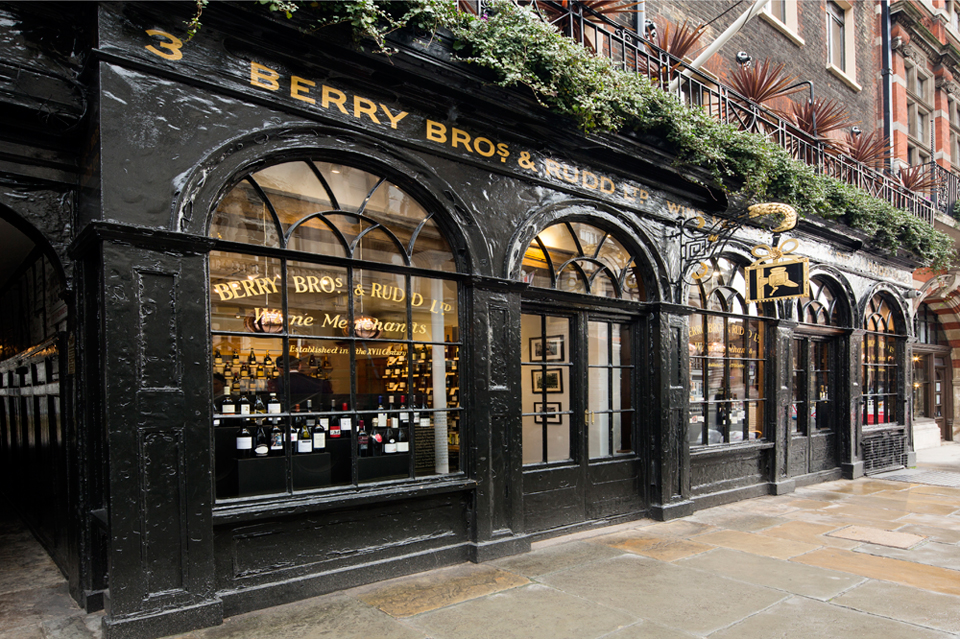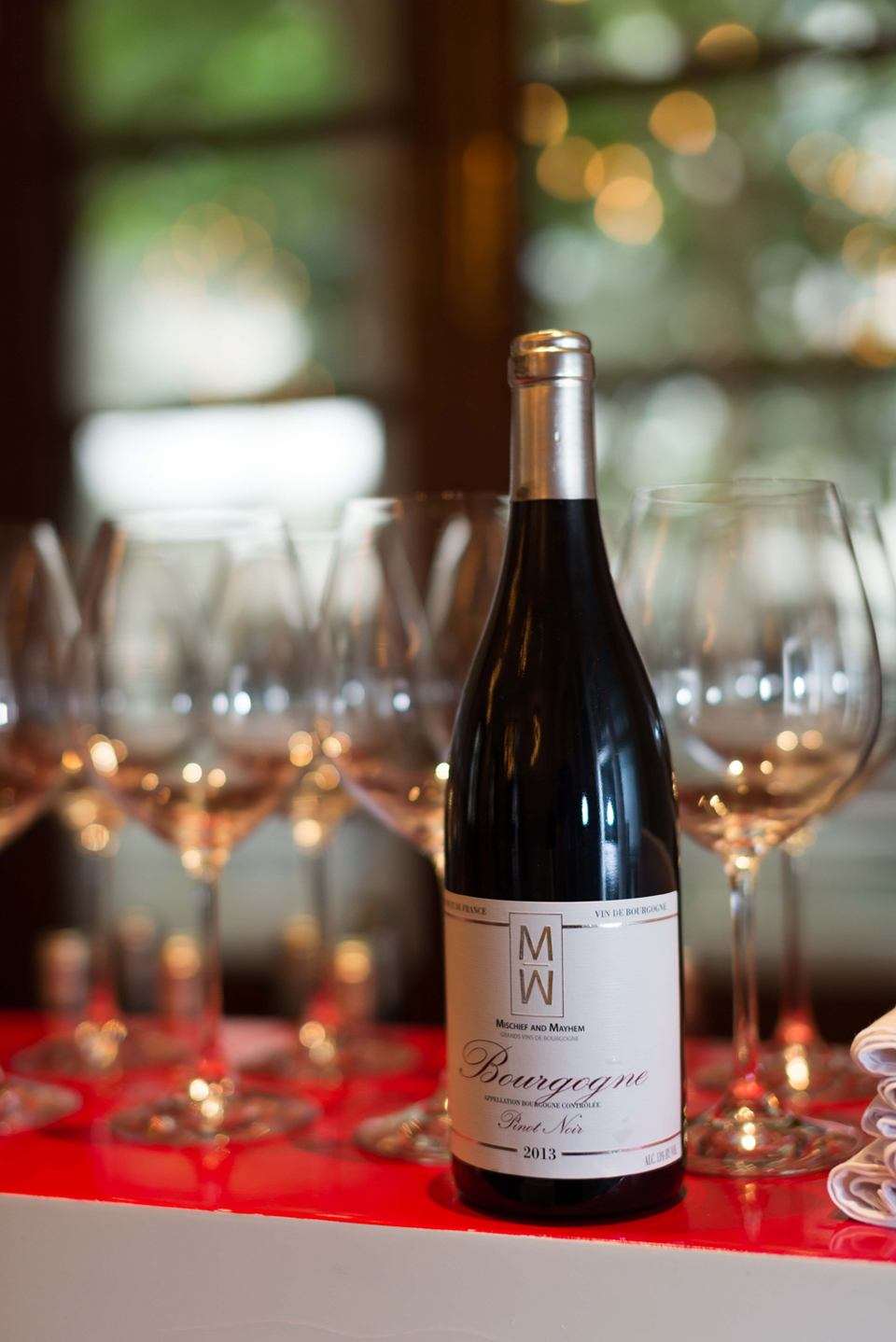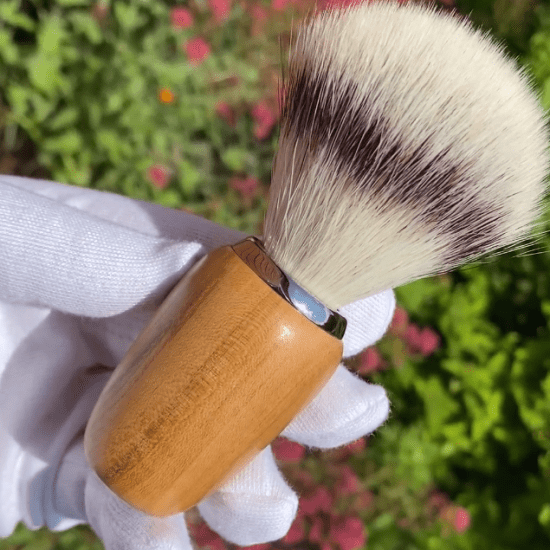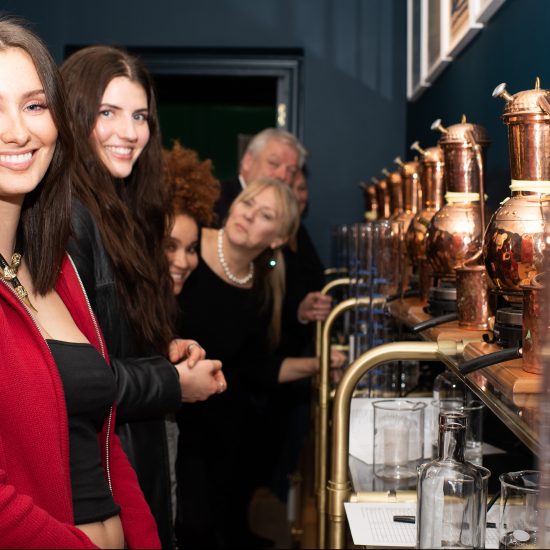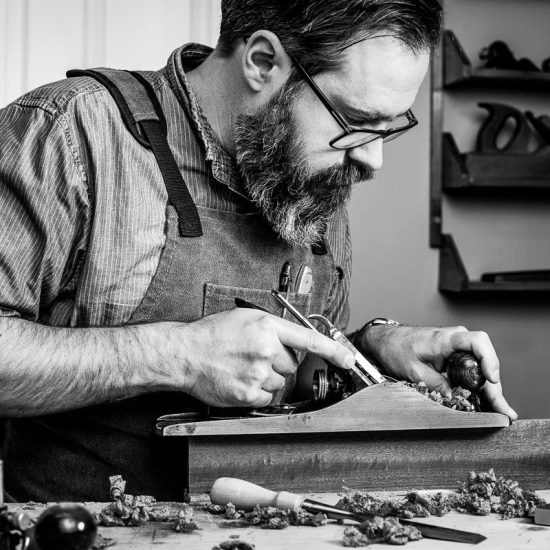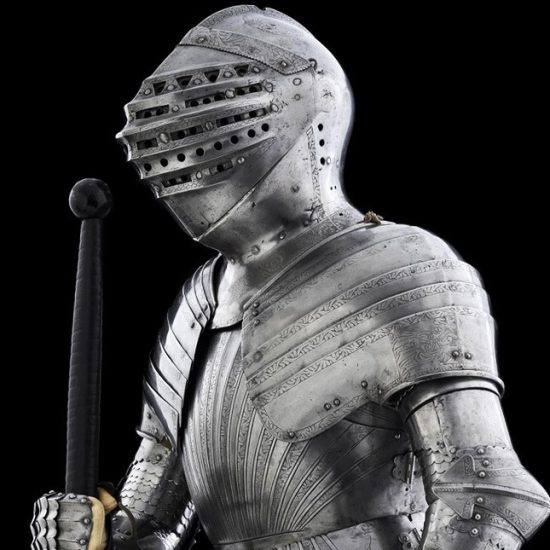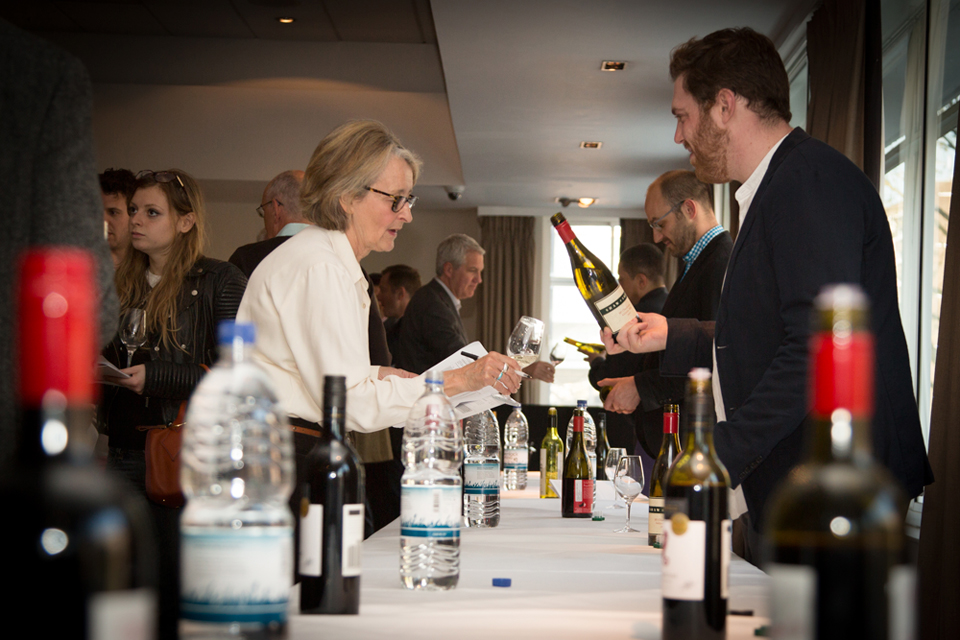
By Peter Dean
Having a wine epiphany is the surest way of starting a wine portfolio. It’s a Eureka moment where you suddenly realise that the reason that people have wine caves, cellars and the like is not because they are fabulously wealthy (although to be fair that does help) but because it makes blinding sense. If you want to get your hands on great wine, then buying it when it is first available means that you can actually get hold of some, you should be able to afford it, and can squirrel it away so that it can be drunk when it should be drunk.
A general rule of thumb is that we all drink wine that is way too young. If you buy your wine from a supermarket then it’s guaranteed that this is the case. Most wines not only benefit from ageing but are made so that the flavours, tannins and acidity will only work together in harmony after a given set number of years in the bottle. And we are not talking mega-bucks here – drinking say a Bordeaux blend from South Africa that costs £15 today will drink like a £100 bottle of claret in ten years time, and as for a £100 bottle of claret bought now, well…
My wine epiphany came a decade ago at a dinner party when, as bottle after bottle of perfectly aged and stored wine came and went, I suddenly realised that I knew far less about wine than I had previously thought. There was vintage Billecart Salmon demi-sec champagne, a 20 year-old Riesling from the Mosel, all honeyed and unctuous, a Barolo and a Brunello di Montalcino from the same year so we could compare and contrast, there were Bordeauxs and dessert wines. All of them were drinking like wines I had never tried before.
I decided there and then that from that moment on I would buy and drink much, much more wine (always responsibly of course).
Ten years on I have some 200 or so cases, and drink delicious wine on a regular basis. Some might say too regular! Not only does it mean I can drink superb aged wines but it is great fun collecting and I can easily subsidise the hobby by selling off a few cases that have risen in value, should I ever want or need to. That last bit will never happen of course.
There are a number of key lessons I’ve learned. First one is that collecting wine should be enjoyable. If you’d rather get trashed on a wine box then fine but maybe save serious wine buying for a few years yet.
So what wine should you buy?
It seems very obvious but you need to start by working out what wine you like to drink. And this is where the fun starts… you need to start drinking more. If you already have a wide knowledge and have a very clear idea then fine, but if you don’t I recommend you start by buying a few mixed cases. Also worth bearing in mind is will the wine that you currently like be the wines that you want to drink in 10-20 years time? It is why it’s advisable to buy a range of New World and Old World, white, red, fizzy, stickies. Oh, and don’t plan your cellar so that all your wine is ready to drink at the same time.
I would also recommend you start buying wine from specialists. There are decent wines to be bought on the high street but as a general rule you will get better wine, more guidance and often better value in the long run by buying from a specialist merchant or wine club. Think pret-a-porter versus bespoke tailoring.
I rang up a few wine merchants and chatted to their sales team about what I wanted to achieve. You would be surprised how little you need to spend and how much guidance you can get. I started out with Lay & Wheeler, a traditional wine specialist (who have since been bought by Majestic). I met up with a sales guy who bought along a few bottles of wine and we drank and started talking about them. I then bought a mixed case and continued talking to him about which wines I liked and didn’t care for. From then I started going to some of their tastings and he would recommend wines.
Start with one merchant and then branch out. I now also buy from Justerini & Brooks, Fine & Rare, Cru and Berry Bros and they all have their specialities, meaning that they have allocations from the wine-makers and can get you the good stuff as it becomes clearer what good stuff you are actually after. They also all do tastings of newly- released wines so you can be sure that you like what you are buying. Try and avoid wines that come with a lot of hype.
Buying from merchants means that you can elect to buy wine ‘in bond’ so you only pay the VAT and duty when you decide to ‘draw it down’ and drink it – the price is 20% ‘cheaper’ until that point. They or you can store it in a bonded warehouse that will cost about £10 a case per annum. Don’t try and store wine at home for any length of time, unless you have a cellar or a refrigerated cave.
Merchants also will have cellar-buying schemes so that you can give them a monthly budget and they can start building a cellar for you, again with plenty of guidance. This is an excellent method if you are young, have less disposable income but years ‘in the bank’. Expect supermarkets to start this – Waitrose started its own scheme this month.
An alternative, or extra string to your bow, is to join the Wine Society. This club regularly wins wine retailer of the year and for good reason. It is a non-profit making wine society that sources excellent wine and is very customer-focused. You can buy wines for £5 or £500 a bottle, it matters not. What is important is that you can try mixed cases and start honing down what it is you are after. Its range of own label wines come from great wineries and their storage rates are the cheapest in the business.
Another place to buy wine from, and a way to realise why it is worth buying wines young and on release, is to buy aged wines from a wine auction. These are brilliant fun but it is advisable to go with someone who knows what they are doing or take advice before you bid on an online auction. You can get some great bargains, although you cannot be 100% sure how the wine has been kept. A toe-in-the-water approach is best.
Places to avoid – merchants that are too small, less established and promise wine as a good investment. On the whole wine is not a good investment unless you are going to drink it. True, you can make money from wines going up in value but don’t make this your primary aim. Like all good small print, investments can go down in value just as much as they can go up. There’s nothing that some merchants love telling you more than a bottle of Lafite 1982 went up in value by 12,000%. This is very rare!
Going on a wine course, be that a one-off session or a weekly event is also time well spent. The Wine Society does events, as does wine magazine Decanter, and there are more general bashes such as London Wine Week where you can broaden your tasting horizons. Another great way to broaden your knowledge is to use Winesearcher.com. which allows you to track prices of any wine in the world. This is brilliant if you drink something in a restaurant, say, and want to get hold of a bottle. The Pro version is worth the subscription but try the free portal and see how you get on.
If you start small, stay focused and put a bit of effort in, you will be rewarded handsomely. I think it is one insurance policy that will always pay dividends in the future, and just hearing the cave humming away at night is a sure way to get some sound sleep.
Berry Bros & Rudd – www.bbr.com; Fine + Rare Wines – www.frw.co.uk;
Justerini & Brooks – www.justerinis.com; Lay & Wheeler – www.laywheeler.com
Wine Society – www.thewinesociety.com



